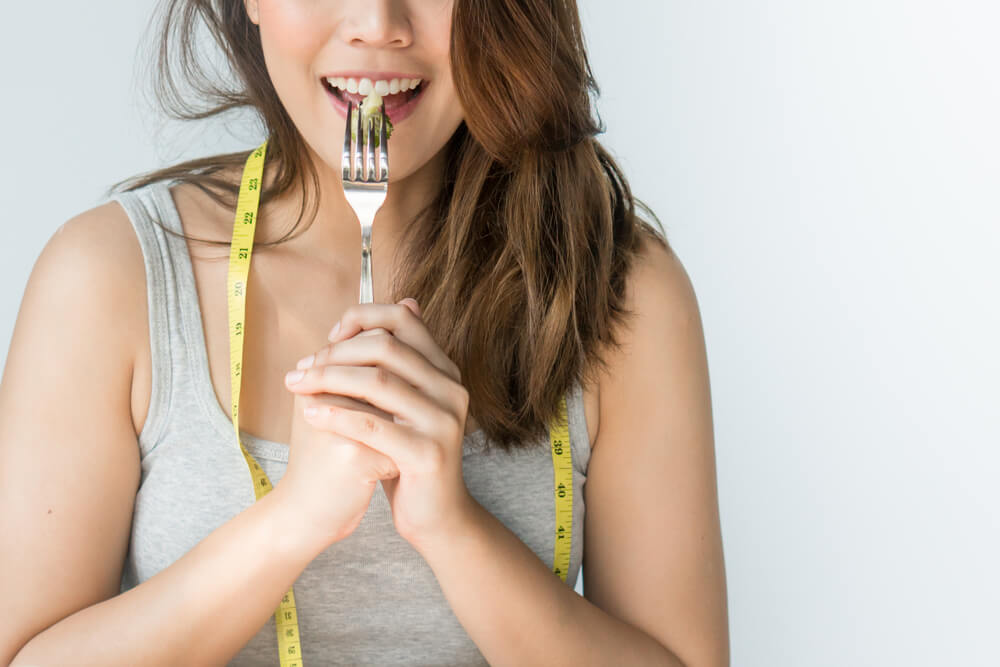
There are so many diet fads doing the rounds in the media and on social media. Most of these have been around for decades and are basically rebranded and relaunched with clever marketing and a hefty serving of pseudoscience. So without further ado here are 10 diet myths that just won’t disappear:
1. Organic foods are healthier than non-organic foods
Traditional crops evolved in synergy with humans and other animals over millions of years. Our digestive systems adapted to perfectly cope with what nature provided. Many modern agricultural “innovations” have led to GM crops saturated in pesticides and lacking the vitamins of organic produce. This is a no-brainer: Always buy organic.
2. Dietary fat is not bad for you
Another myth that won’t go away is that dietary fat is bad for you. Dietary fat is an essential part of our diet. Not only does it provide a long steady lasting source of energy, but it allows for very important fat soluble vitamins A, D, E, and K to be absorbed. Without enough dietary fat, these vitamins cannot be absorbed.
Monounsaturated fats are essential for heart health and lowering LDL (bad) cholesterol. Healthy vegan sources include avocadoes, olives, raw nuts, olive oil and macadamia nut oil. Drizzling any of these oils over a salad is always a brilliant idea.
Polyunsaturated fats are broken down into three classes: omega 3, omega 6, and omega 9. Each of these fats plays a vital role in the body such as ensuring heart health, improving insulin sensitivity, reducing inflammation and lowering LDL cholesterol. Sources include flaxseed oil, certain nuts, seeds and leafy greens.
Saturated fats are a risk factor for cardiovascular disease and should be consumed in moderation. They are more dense and ‘harder’ to break down than other sources of dietary fat. In any case, vegan diets are low in saturated fats because they are mostly found in animal products, however coconut oil is high in saturated fats.
Are there any fats we should always avoid completely? Yes. Trans fats should be avoided at all costs. These fats have been artificially created and do not break down in the body and serve to cause a host of negative health issues. Although it is advisable to avoid pre-packaged foods in general, if you do purchase something like veggie burgers, be sure to always check the labels. Many of these products have trans fats and unhealthy levels of salt, sugar and other nasties.
3. Eating after [enter arbitrary time of day here] or before bed will not turn you into a fat storage machine
A lot of diet fads are centred on magical times of day when we should and shouldn’t eat. While it is true that our insulin sensitivity (ability for our body to uptake and utilize sugars for energy) decreases as the day progresses into night, abstaining from food altogether is a big no-no. There is no magical time of the day that should ever be used to cut off your food intake.
For those of us who are conscious about weight gain, an easy and sensible idea is to curtail your carbohydrate intake for your last meal of the day. This will ensure you can still eat your meals at night time, but keep weight gain to a minimum. Eating regular, smaller meals throughout the day and evening has so many benefits including improved blood glucose control, better appetite control and easier digestion.
4. Eating less will not necessarily make you lose fat
An oft-held idea is that rapidly dropping your caloric intake is the path to weight loss. While this can be true initially, eating less and less in the long term (for more than a few days) is a sure-fire way to make your fat loss efforts come to a grinding halt. The reason for this is evolution and how our bodies are hard wired to burn calories rather than store them. I have always said, if it were so easy to lose fat and get into great shape, all we would have to do is eat an apple a day and just wait for the fat to melt off, but our bodies simply do not work that way.
5. Taking a fat burner pill will not help you lose fat
Okay, you’re reading Live Love Fruit, so you probably know this, but it can’t be restated often enough. Fat burners, diet pills, liquid energy shots, you name it: They all claim to make you magically shed those unwanted kilos and get you that body you have been looking for, but do they really work?
Nine times out of ten these “fat burner” pills are surrounded by misguided science and clever marketing. The main ingredients that these products usually contain are stimulant-based chemicals such as caffeine and satiety herbs aimed at cutting your appetite back. While some of these products are potent, others are awash in a sea of snake oil products and so I recommend to stay away from these.
Remember, a product or pill will never make up for an ineffective diet and training routine. The basis and fundamentals of fat loss lie in your nutrition and exercise. If these are not 100% on point, you are wasting your time and money and possibly your health on these so called ‘fat burners’. To be honest, the huge industry that touts things like this is exploitative and predatory. Okay, enough with the down vibe!
6. Dietary cholesterol is not necessarily bad for you
No vegan produce contains cholesterol, so this is not too much of a concern for us. However, the oils we looked at earlier can affect your cholesterol levels. Dietary cholesterol has had a very bad rap over the years due to its misguided correlation to heart disease and stroke. However, the nutritional research that has been done in this area has never shown a direct relationship between cholesterol and heart disease, although there is a correlation. Thus, it is a matter of getting regular checks on this and other metrics to make sure it is in a safe range (not too high, but not too low).
One of the many overlooked aspects of dietary cholesterol is its importance to our overall health. It is essential for protecting our nervous system from degeneration and also is a critical nutrient in brain health. Dietary Cholesterol also forms the basis of all steroidal and sex hormones in the body and so eating a vegan diet too low in fat can be a recipe for disaster. Would you like a dash more olive oil on that salad?
7. Humans do not need meat
You: “No thanks, I’m a vegan.”
Concerned friend: “But how are you going to get enough protein and iron and B12…I read [insert paleo fad diet book here] and it said that humans need meat.”
First I have to get it off my chest: The paleo diet is built on misreading science and cherry-picking the data. It is also built on a flawed worldview that supposes there is one true “natural human diet”. Although we have limited knowledge about what paleolithic humans ate, the diets of contemporary hunter-gatherers are extremely varied. They range from the !Kung people in the Kalahari desert, who get about 10% of their calories from animal sources, through to the Inuit who get more than 90% of their calories from animal sources. More often than not, they have a limited food supply, so they eat whatever is available in their region. It is also important to note that humans in the upper paleolithic era had an average life expectancy of 33 years at birth, compared to a 2012 global average of 70 years. So why exactly are we trying to mimic their lifestyles?
8. My metabolism may be slow, but I can still lose weight!
While a slow metabolism can be a major challenge for those wanting to shed those extra kilos, some facts remain the same. Diet and exercise must be tailored to your personal situation and circumstances and it must be executed consistently without fail for an extended period of time. A few tips to help boost an otherwise slow metabolism include:
- •Eat smaller, more frequent meals to control blood sugar fluctuations.
- •Increase your daily fibre intake (of both soluble and insoluble fibre).
- •Try short intense interval training which has been shown to radically boost resting metabolic rate.
- •Get some blood work done by your medical practitioner to see if you are deficient in any minerals/hormones which could be setting you back. Addressing these issues could be the key to returning your metabolism to a healthy state.
9. I may be over 40, but I can still lose weight!
While it is true that hormonal changes begin to occur in our mid 30s and continue right through to our 40s that can slow down fat loss, it does not mean that fat loss can no longer be one of your goals and that you should just simply give up and reside to the myth that “it’s just too hard.” Getting in shape feels great at any age!
No matter what age we are, fat loss is always a balance between well planned and accurately executed nutrition versus consistent and regular exercise. Some considerations to take into account for fitness in your 40s and beyond include the following:
- •Adjust your protein/carbohydrates/fat intake according to your activity level.
- •Stay hydrated as dehydration is one of the main causes of sports-related injuries.
- •Give yourself adequate time to warm up, stretch and cool down before and after each session.
10. A calorie is not a calorie
The phrase “a calorie is a calorie” has been the basis of much debate in the medical and nutritional communities. While some like to use the analogy of the first law of thermodynamics (energy in = energy out), the human body does not really work like this. Take, for example, two people, one eating a bag of candy containing 1000 calories, and the other person consuming a mixture of low glycemic, fibre rich whole food totalling 1000 calories. The insulin response (fat storage hormone) generated by the “candy subject” will be far greater than that of the “whole food” subject. Take into consideration satiety, energy levels, mood and health benefits and you will easily see which subject is better off – especially in the long term if these habits are kept up.
Next time you are shopping for groceries, do not simply look at the calorie count – look for the quality of calories versus the number. Remember: A calorie is not a calorie.
Contributing Author: Andrea Bentancor has been a registered nurse and certified colon hydrotherapist for the past 6 years. In her colonic irrigation practice Inner Cleansing Health Clinics, Andrea treats a large number of patients on a daily basis, particularly assisting sufferers of digestive disorders such as irritable bowel syndrome (IBS), chronic constipation and Crohn’s disease. Her friendly, positive attitude and professional approach has allowed her to build strong therapeutic relationships with her patients. As a result, she enjoys a growing reputation as one of the most knowledgeable and experienced Australian practitioners in the field of digestive health.

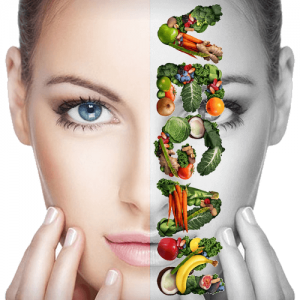

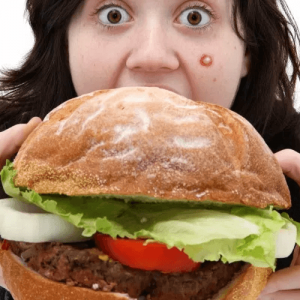
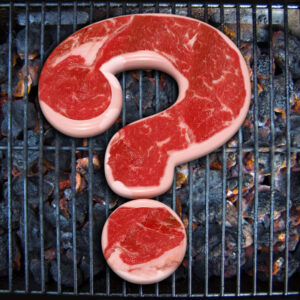

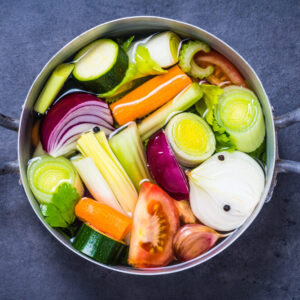

i really appreciate to this post!
so far, the diet problem is a problem that never-ending.
sometimes diet can make us happy or just make us stress.
hence this post, as it includes myths about diet, can help us to share knowledge about the diet itself.
thanks for sharing 🙂